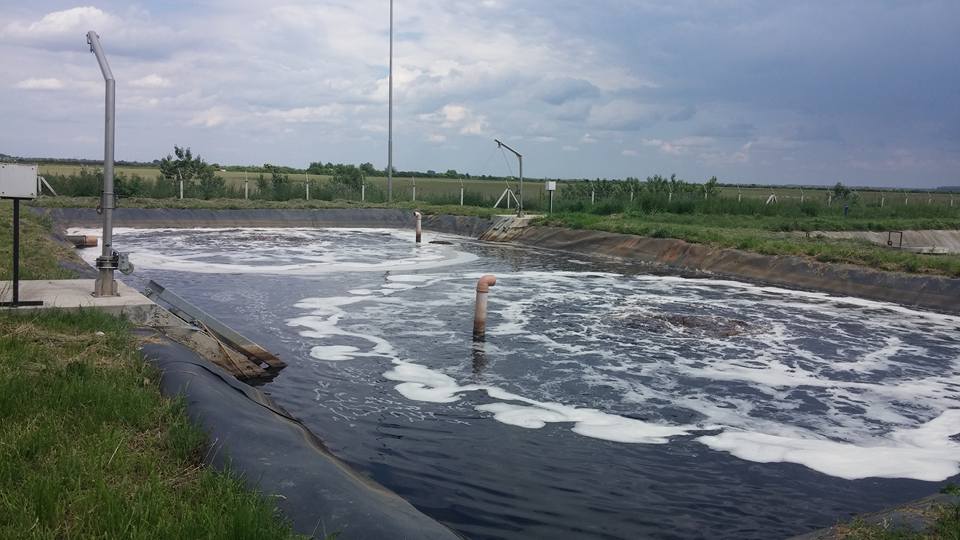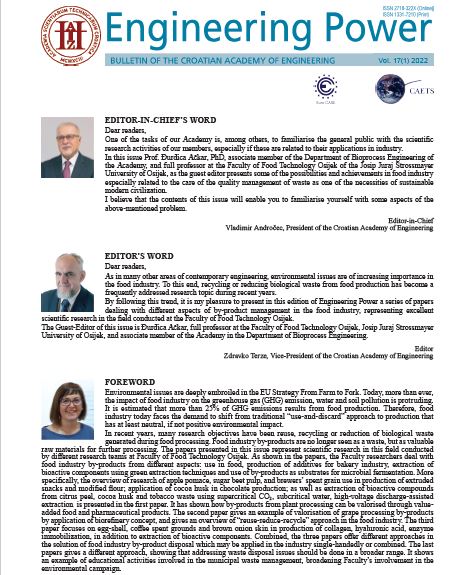EDU-CLIC
Setting up an education infrastructure for waste management staff and landfill operators to reduce greenhouse gas emissions in Serbia’s municipal waste sector.

Project info
Serbia
10/21 - 01/24
Local governments, General public, Public sector, Private sector, Civil society, Educational institutions
462,368.95 €
Contact info
Natalija Velic
- Regional development agency Srem
- University of Novi Sad - Faculty of Technical Sciences
Background
Landfills represent the third largest anthropogenic source of methane emissions globally. This is also an issue in Serbia, where waste management has been predominantly based on landfilling, thus significantly contributing to the national carbon footprint: Serbia has over 3,600 waste disposal sites which cause 60,000 tons of methane emissions annually.

Project
To address this issue, the EDU-CLIC project team targets waste management staff and landfill operators and provides them with the necessary knowledge on how to make waste management more sustainable. This mainly happens by upgrading an existing sanitary landfill – a landfill where all waste is isolated from the environment until it is labelled “safe” – in the town of Sremska Mitrovica. It serves both as a blueprint for future modern waste management centres in the region, and as a demonstration centre. For the demonstration centre, the project team develops a curriculum that allows to train waste management operators in sustainable waste management practices on site.
Everyone involved in the region’s waste collection and disposal processes can partake in instruction and demonstration events; these events explain how landfill modernisation can contribute to the reduction of greenhouse gas emissions and environmental protection. Furthermore, activities include setting up a demo plant of, first, compost for landfill covers and, second, of fuel pellets. Such pellets can serve as an affordable source of energy for poor communities while at the same time providing a more sustainable alternative to commonly used biomass fuels, thus expecting to further reduce methane emissions by 16,65 tons annually. As a blueprint for further landfill modernisation, the project’s activities encourage the implementation of more sustainable waste management practices in the region, thus significantly reducing greenhouse gas emissions in the future.
Last update: July 2024

